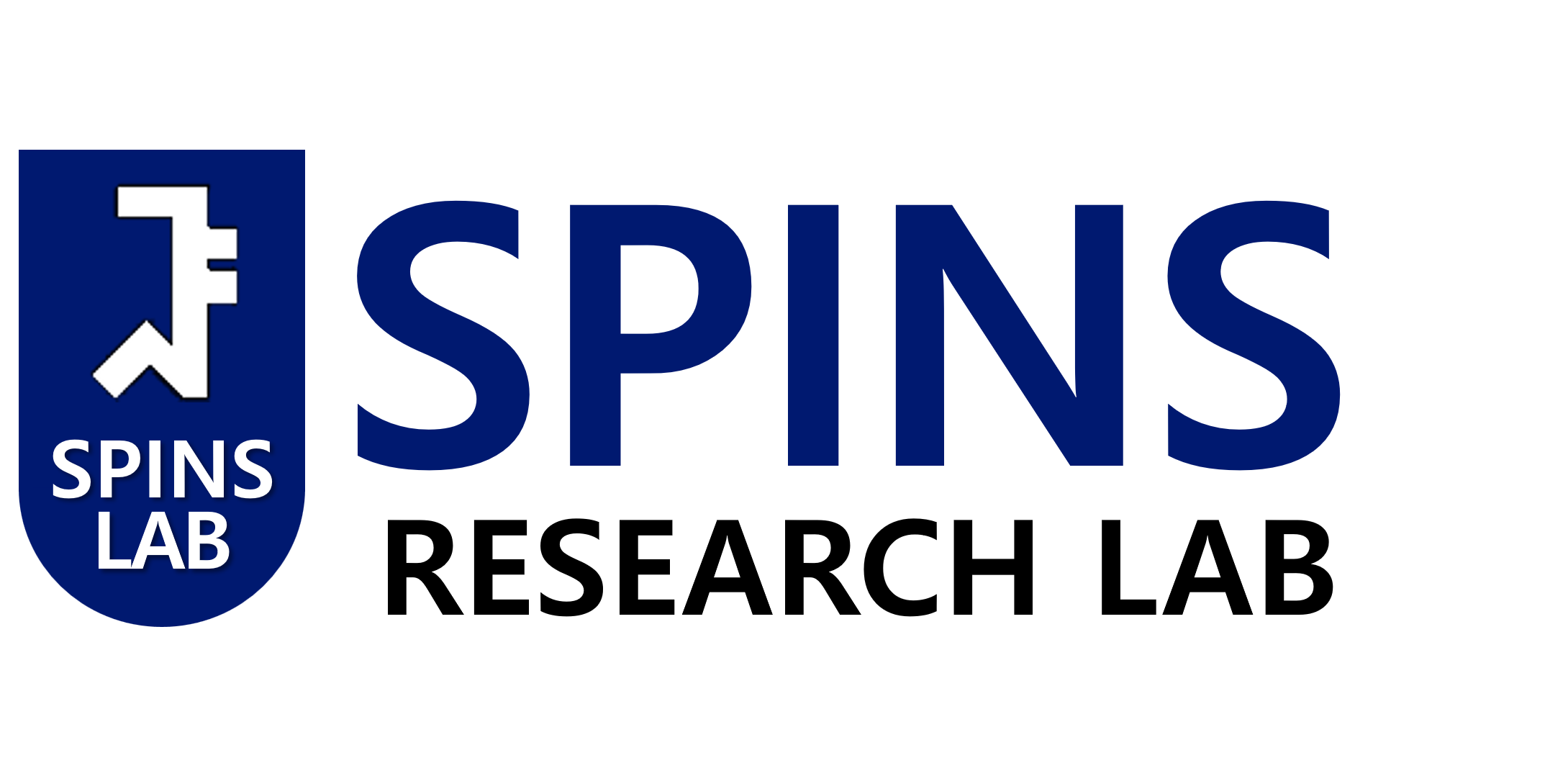Courses
Undergraduate Courses
Course Code: 457.205
Recommended Course Semester: Sophormore 1st semester (2-1)
This course teaches basic concepts and methodologies of engineering surveying including measurement and observations, triangulation and trilateration surveying methods, and least squares adjustment. Students will learn basic characteristics of various spatial information data and applications, basic concepts of satellite remote sensing, digital mapping, GIS, and GPS. Students will also learn how to apply geospatial data in numerous fields such as construction, transportation, urban planning and design, and monitoring of the environment. The course will provide tutorials on how to operate various surveying equipment through outdoor practical exercises on leveling, orientation, and distance measurements using modern electronic surveying equipment. For offline courses, tutorials are designed using QGIS software to process geospatial data.
Course Code: 457.402
Recommended Course Semester: Junior 2nd semester (3-2)
Prerequisite: Introduction to Geospatial Engineering (457.205)
The purpose of this course is to introduce fundamental theories on remote sensing, image interpretation, image processing techniques, and applications using various sensors (optical/hyperspectral/thermal). Remote sensing is the science and art of obtaining information using electro-magnetic waves about an object, area, or phenomenon through the analysis of data acquired by a data that is not in direct contact with the target under investigation. Rapid advancements in computational power and sensor design has allowed for the emergence of remote sensing technology to become prominent in various fields, including environmental analysis, urban planning, land development, artificial intelligence, computer vision, mineral exploration, defense and intelligence. This course will introduce remotely-sensed data derived from a plethora of sources such as satellites, airborne platforms, and drones (UAV). Tutorials using these data sources will also be provided through geospatial image analysis software such as ENVI and SNAP.
Graduate Courses
Graduate courses are offered in rotation every 3 semesters (1.5 years). Please refer to the course registration website (link). Students interested in the graduate courses are expected to have completed the undergraduate courses or have a foundation in remote sensing, satellite image processing, and surveying.
Course Code: 457.544
This course focuses on using multi-sensor and multi-resolution satellite imagery to extract useful information via image processing. Numerous remote sensing and image processing techniques related to image interpretation are discussed, such as change detection, object detection, image fusion, and segmentation.
Course Code: 457.539
This course is focused on using multi-resolution satellite images and very high resolution optical satellite images for various applications such as land use/land cover mapping, change detection, forest and soil monitoring, agricultural monitoring, and classification.
Course Code: M3204.001000
This course covers advanced concepts and applications based on geospatial engineering and will cover various topics including Geographic Information Systems (GIS), remote sensing, and surveying. Students will learn about recent technological advancements and key developments in the geospatial industry by studying recent literature, technical reports, and related resources. In particular, students will learn about geospatial imagery including very high resolution satellite imagery, digital mapping of land cover and the environment, and key remote sensing and photogrammetric techniques.
